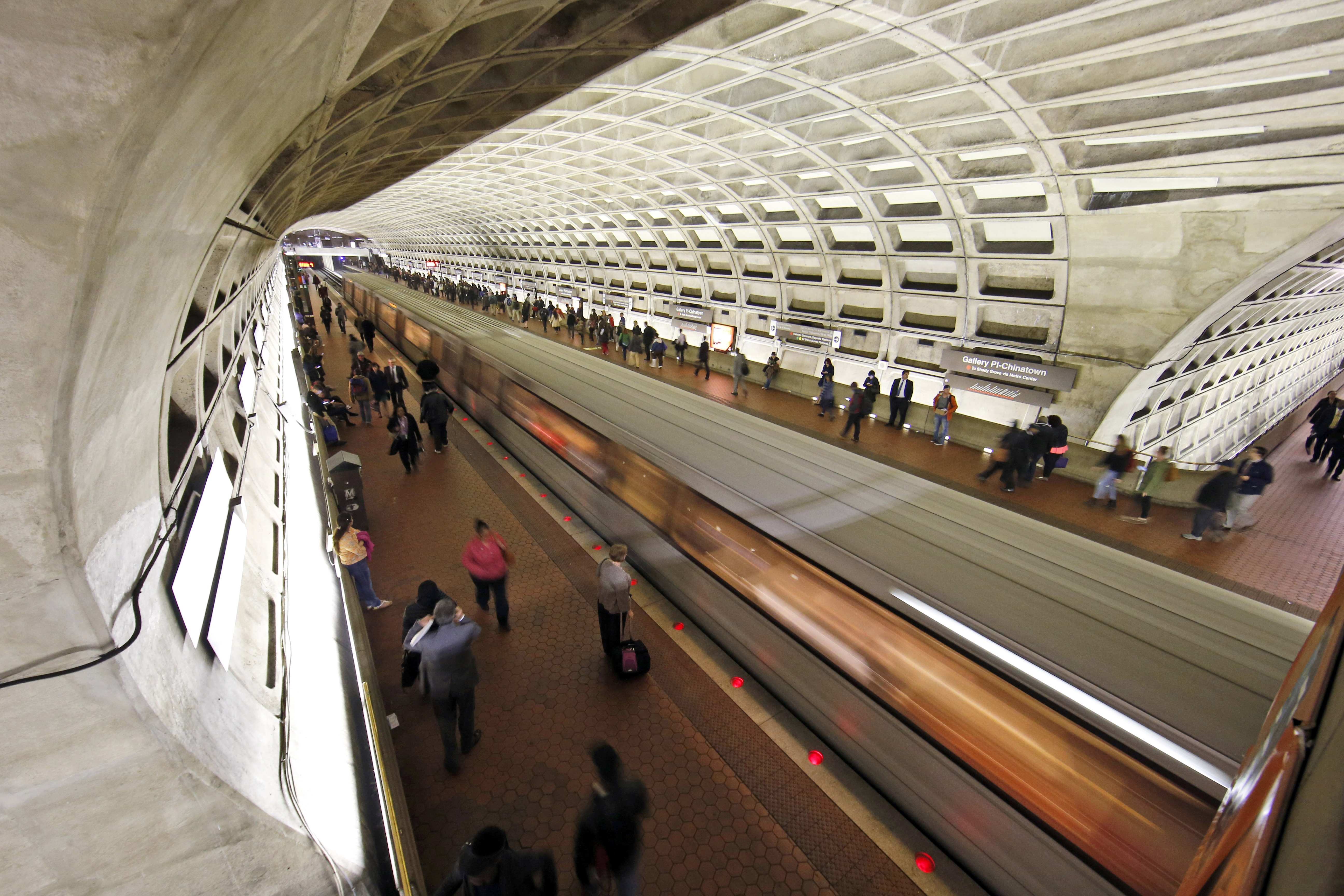WASHINGTON — After an unprecedented safety shutdown and the Federal Transit Administration separately finding 229 problems during track inspections, Metro leaders faced piercing questions Wednesday on Capitol Hill.
Metro General Manager Paul Wiedefeld outlined his overarching hopes to improve safety and reliability on the subway, and Metro Board Chair and D.C. Councilman Jack Evans asked for more federal money for the transit system, which is facing billions of dollars in capital and pension needs in coming years. Metro has repeatedly failed to spend its full capital budget.
Before the hearing, Wiedefeld heard from Sen. Barbara Mikulski, D-Md., and Sens. Mark Warner and Tim Kaine, both Virginia Democrats, about the issues they see with Metro.
He repeated promises for change and a safety culture that will run all the way from management through front-line workers, with new specific responsibilities and ownership of issues for many workers.
He also called the latest crimes on Metro “horrific,” including a pair of attacks at the Deanwood Metro Station. Metro says it is increasing police presence there.
Wiedefeld reiterated at the meeting that he shut down the system for a day only because of safety concerns and a lack of trust in track maintenance staff. He says it was not simply intended to send a message.
Wiedefeld say he will “present some difficult choices” soon that will likely include shutdowns between stations or cuts to late night and weekend service as part of his trackwork overhaul plan that has been telegraphed for months. There are no plans to shut down entire lines for months on end.
Closing stretches of track for longer periods allows more continuous work and cuts down on the amount of time where a track is out of service, but crews are simply setting up or breaking down rather than getting things done.
At the hearing, National Transportation Safety Board Chairman Christopher Hart and Federal Transit Administration leader Carolyn Flowers outlined issues found with Metro.
Flowers says the FTA has required 66 fixes during its 107 inspections of tracks, the troubled Rail Operations Control Center, maintenance and other key parts of Metro.
Some of those issues were extremely serious and likely should have been caught by Metro’s own inspectors. That includes two separate stretches where the tracks were too far apart in mid-February, which could have caused a derailment like the one near Smithsonian Station last August.
One section of track between Huntington and Metro Center on the Yellow Line had to be shut down until it was fixed, while trains on another stretch faced speed restrictions. The FTA is in the middle of a “safety blitz” focused on some of Metro’s most serious issues.
Hart says the NTSB will be ready soon to release its final findings on the deadly smoke incident near L’Enfant Plaza last year that led to Carol Glover’s death.
Metro has made some changes since the incident on its own, and others directed by the FTA or recommended by the NTSB.
The region Wednesday extended funding for a key fire position in the Rail Operations Control Center, but only for 80 hours a week and only through September.
Rep. Gerry Connolly, D-Va., says the “most significant” improvement since follow-up hearings on the “mismanaged response” to the fire and smoke near L’Enfant Plaza is the hiring of Wiedefeld after 10 months of a stop-and-start search.
Connolly believes the ride in January where he and Wiedefeld faced two cracked rails exemplified some of the problems and potential solutions.
“What’s been particularly frustrating with each of the safety investigations is the revelation that Metro does, in fact, appear to have good policies and procedures in place, but they’re just not being followed,” Connolly says.
Although Connolly played a key role in a 2005 report calling for a regional sales tax or other dedicated funding for Metro in addition to increased federal contributions, he says that right now it should not be the immediate focus. Instead, that focus should be on safety and “getting Metro’s house in order.”
House Government Operations Subcommittee Chairman Mark Meadows, R-North Carolina, echoed Metro leaders’ push to bring the system back to world-class status.
“The Washington Metro was once the gold standard for public transit, but in recent years has become synonymous with poor service, delays, and rampant safety concerns,” he says.
Metro celebrated 40 years of rail service late last month.






